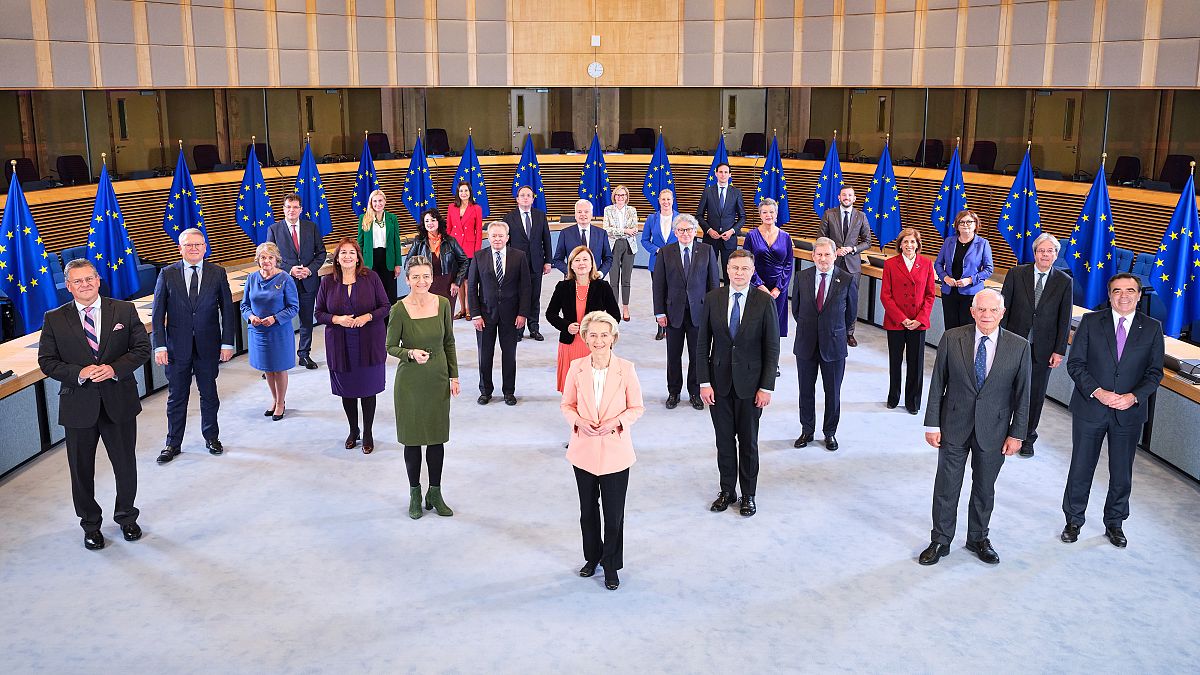The European Commission is striving to increase diversity in its workforce to reflect the population it serves, with a specific focus on ethnic minorities. However, among the 27 Commissioner nominees, only Belgian-born Hadja Labib, with Algerian roots, stands out as ethnically diverse. The European Network Against Racism welcomes Labib’s appointment but emphasizes the need for more inclusive policies that empower racialized communities to participate in decision-making processes.
The Commission’s Action Plan on Diversity and Inclusion includes a goal to attract and support ethnic minority staff to better represent society. A survey conducted in 2021 revealed that racial and ethnic minorities make up at least 10% of the European Union population. While the majority of respondents felt valued and respected, those from ethnic minority backgrounds were less satisfied overall. The European Network Against Racism advocates for systemic change to address underrepresentation and ensure that voices from racialized communities are heard and included in decision-making discussions.
Gender balance is also a significant issue within the incoming college of Commissioners, with only nine out of 27 nominees being women. Commission President Ursula von der Leyen has requested national governments to provide both male and female candidates for consideration. Achieving gender parity at all management levels is a political priority for the Commission, with the share of women in leadership roles increasing to nearly 49% by mid-2024. This places the Commission among the global leaders in terms of women representation in leadership positions.
In a letter to the incoming Commission, over 130 civil society organizations have called for equality and non-discrimination to be central priorities for the next five years. They have proposed the appointment of a Commissioner for Equality and Fundamental Rights to ensure that the Union of Equality agenda is upheld. Despite efforts to improve diversity and inclusion within the EU institutions, more needs to be done to address the democratic deficit and promote equality and anti-racist principles.
The lack of ethnic diversity among the Commissioner nominees reflects a broader issue within European institutions, with only a small percentage of members of the European Parliament having a diverse background. The appointment of Labib as the first Commissioner-designate with a non-EU background marks a positive step towards greater representation, but more inclusive policies and mechanisms are needed to ensure meaningful participation and decision-making for racialized communities. The Commission’s goal of leading by example in diversity and inclusion must translate into concrete actions to address the underrepresentation of ethnic minorities and promote equality and non-discrimination within the EU institutions.











